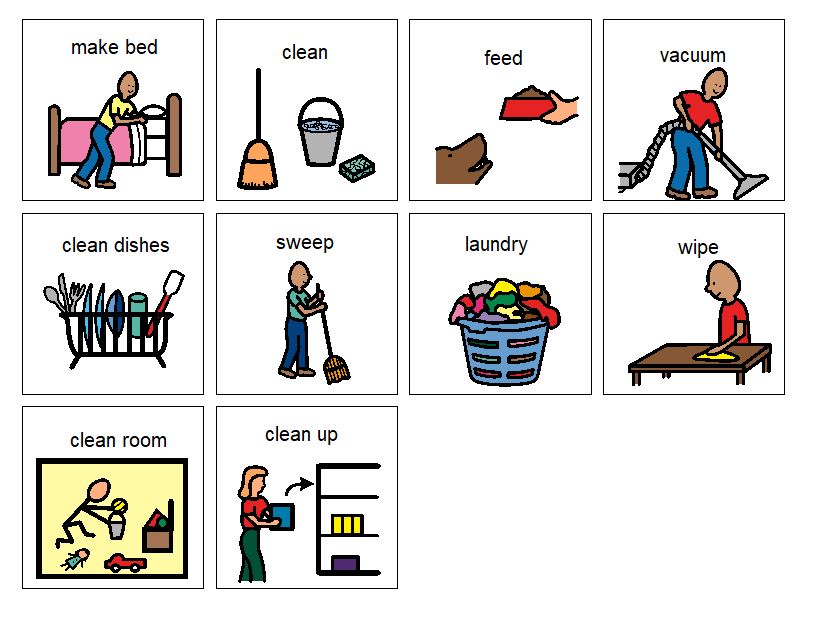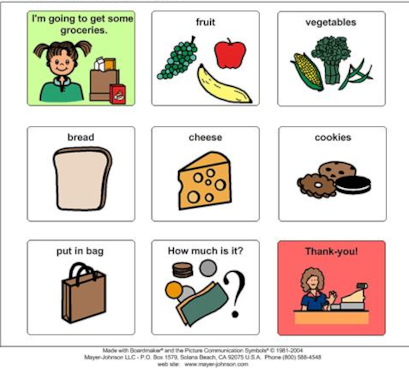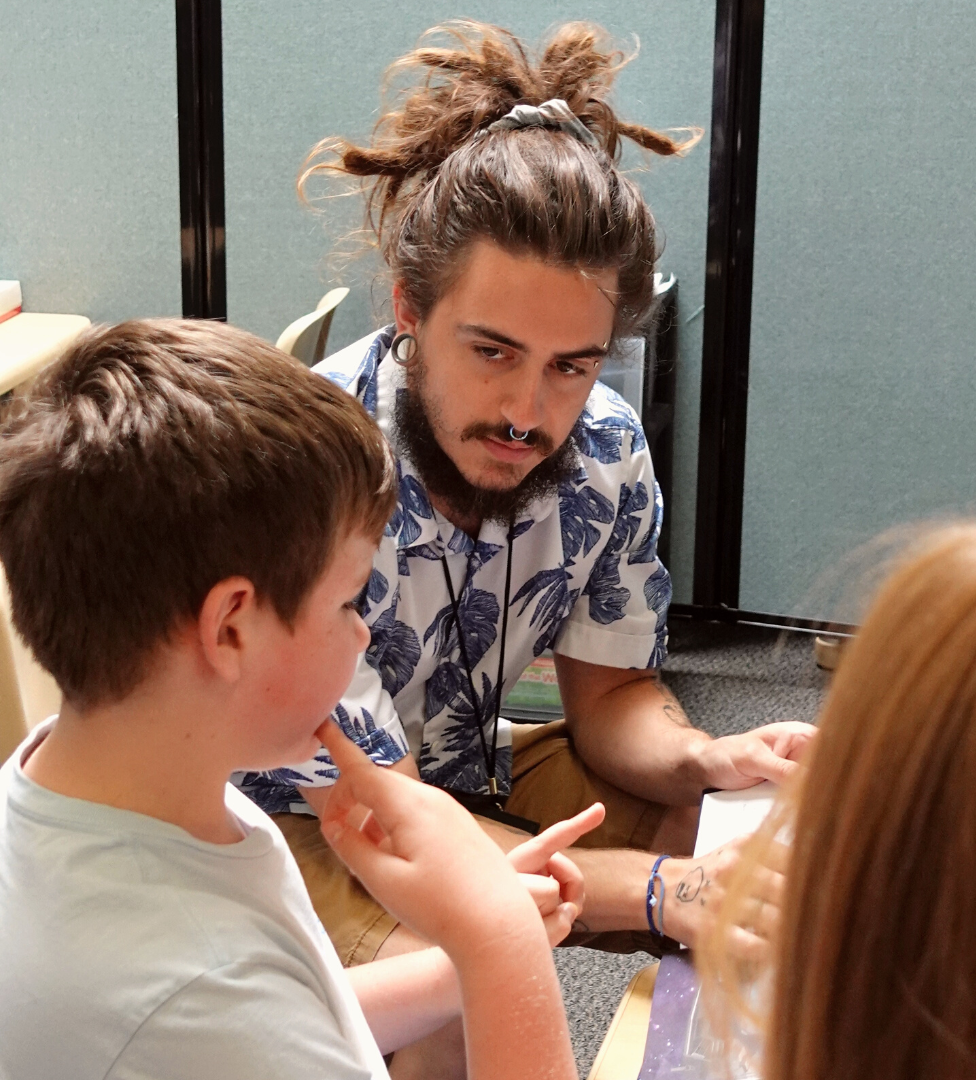Children diagnosed with Autism Spectrum Disorder (ASD) are often prescribed Applied Behavior Analysis (ABA) therapy. In order to both attend a full school day and receive ABA therapy, school-aged kids often spend their time after-school in ABA. After-school sessions can occur in multiple settings including at the child’s home, at a MeBe Learning Center, or out in the community. During ABA sessions, school-aged children work with their Behavior Technician to learn a variety of different skills from making friends to gaining independence with self care.
What skills are taught during ABA sessions for school-aged children?
Board Certified Behavior Analysts, or BCBAs, annually or bi-annually conduct a series of assessments that help them determine a child’s areas of strengths and challenges. Results of these assessments help the BCBAs learn children’s skill deficits and help to create appropriate goals for school-aged children to work on during their ABA sessions. Examples of skills taught during ABA sessions include social, adaptive, vocational, and pre-academic skills.
Social Skills
Social skills are a common skill that school-aged children work on during their ABA sessions. Examples of social skills that children learn in ABA are sharing, turn-taking, conversation practice, perspective taking, and good sportsmanship. Behavior technicians can also help facilitate social interactions between the child and their sibling, or with their same-aged peers during a play date or at a group session at the Learning Center.
Adaptive Skills
Adaptive skills are another common skill that school-aged children learn during their ABA sessions. Self care tasks such as washing their hands or brushing their teeth, and dressing skills such as using fasteners or tying their shoes are all examples of adaptive skills. Children may also work on completing household chores or preparing snacks and meals.
Behavior technicians also help teach children different coping strategies that the children can use when they are feeling overwhelmed or frustrated. For example, kids might learn to take deep breaths or ask for a break from a non-preferred task as a replacement for yelling when a task is challenging.
Visual supports are one of the tools that are used in ABA to help teach children these adaptive skills. For example, children may learn to reference a visual schedule for their household chores. Free visual schedules can be found here.

Pre-Vocational Skills
Pre-vocational skills are another skill that older school-aged children may learn during their ABA sessions. These skills can include teaching children to follow a schedule or multi-step instructions. Children can also learn time management skills, how to ask for help, how to accept criticism or feedback, and how to display flexibility when receiving this feedback. Older school-aged children may also start to practice preferred work duties. For example, if a child likes repetitive activities, they may start to practice repetitive clerical skills in preparation for future employment.
Pre-Academic Skills
Lastly, school-aged children may work on pre-academic skills during their ABA sessions. While a Behavior Technician is not an academic tutor and does not focus on teaching academic skills to children, ABA can help set children up for academic success. During ABA sessions, children may work on learning to attend to non-preferred tasks at the table, following a schedule, responding to group and individual instructions, and completing a series of tasks before getting a break.
Additionally, BCBAs often collaborate with the child’s teacher and IEP team to ensure that all stakeholders are on the same page and that if applicable, children can work on these pre-academic goals listed above during their ABA sessions which may in turn help them succeed in the school setting.
What are the different settings for ABA sessions?
At MeBe, school-aged children work on all of these skills in a variety of settings including in their own home, at one of MeBe’s Learning Centers, or in the community. Children will have a Behavior Technician working in a 1:1 ratio with them throughout their sessions. The location where ABA sessions take place is determined by the parent, BCBA, and child depending on the skills that the child will be working on during their sessions. If children need more practice with social interactions with their similar aged peers, then they may choose to have sessions at the Learning Center. If a child needs more practice playing appropriately with their siblings and completing household chores, then sessions would be more appropriate to have in the child’s home.
Learning Center Sessions
The MeBe Learning Center is a great setting for children to work on their social skills. During Learning Center sessions, a child is assigned to a classroom with peers of similar age and skill level. With the guidance of the Behavior Technician, the children follow a classroom schedule which includes a variety of activities including playing board games, playing group recess games, having snack time together to create opportunities for children to practice having a conversation with their peers, and arts and crafts.
For instance, the MeBe San Diego Learning Center hosts a program called ‘Hangout’ on Fridays after school. ‘Hangout’ is a program facilitated by a Lead Behavior Technician with a variety of fun group activities like making a group art project or science experiment and team building activities.
Each child has their own Behavior Technician working with them during these activities as well. ‘Hangout’ gives children the opportunity to meet new peers, foster friendships, and generalize skills with kids who usually just have home sessions but who come to the center on Friday just for ‘Hangout’. Look out for a ‘Hangout’ group coming soon to other MeBe Learning Center locations!
Home Sessions
Another common setting for ABA session for school-aged children is in their own homes. Home sessions allow children to learn skills in their natural environment and provide opportunities for children to learn appropriate play skills with their siblings or neighbors.
There are more opportunities in the home setting to work on adaptive skills such as self-care and completing chores. Home sessions are also a great opportunity for children to have play dates during ABA sessions so that the Behavior Technician can be present to help facilitate a variety of social interactions between the child and their peers or siblings.
Community Outing Sessions
ABA sessions may also take place in the community. For example, children can work on social skills while having a playdate with peers at a park. They can also work on following community safety skills like looking both ways before crossing the street or learning about stranger danger while going on a neighborhood walk. Lastly, school-aged children can practice adaptive skills such as following a grocery list to pick out food items at the grocery store, then practice paying for the items and interacting with the cashier during checkout.

How MeBe can Help
MeBe’s ABA expertise applies to not only toddlers and preschoolers, but older school-aged children as well. We pride ourselves on offering an extensive support system for your child as they grow up, learn new things, have new experiences, and make new friends. Nothing makes us happier than seeing our kiddos thrive with the new skills they’ve learned in ABA.
If you’re ready to learn more about Occupational Therapy, Speech and Language Pathology, Feeding Therapy, or Applied Behavior Analysis services at MeBe, contact us today.
For helpful tips from the MeBe therapy team, check out @mebefamily on Instagram and Facebook and visit the MeBe Family YouTube channel.

